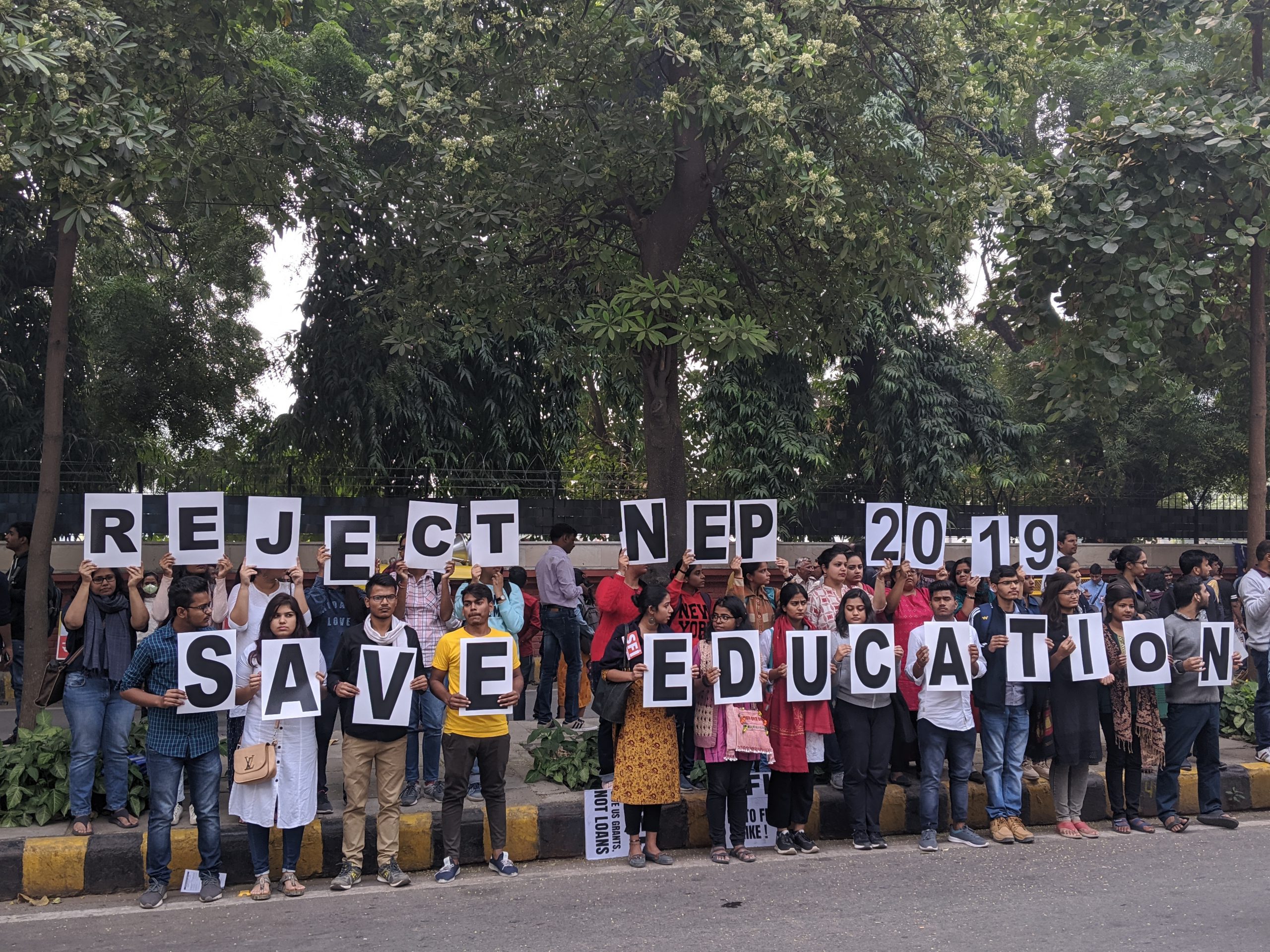In a groundbreaking move, Karnataka became the first state in the country to implement the National Education Policy (NEP). However, as the academic year unfolds, diploma engineering students found themselves facing an educational conundrum. Under the NEP, students have the option to exit their diploma courses after the first year, receiving a certificate pegged to the National Skill Qualification Framework (NSQF) level 1. Completing the second year earns them a certificate at NSQF level 3, allegedly enhancing employability. Yet, the stark reality reveals a dearth of job opportunities for these skilled graduates. It’s disheartening to note that the government, rather than bolstering the education sector, seems to be funneling students into the labour market. The scarcity of government diploma colleges, with each district having only one, is alarming. Additionally, the woeful state of infrastructure, exacerbated by a lack of funds for renovations despite persistent protests, paints a bleak picture for students seeking quality education. The shortage of government diploma colleges is driving thousands of students annually into the arms of private institutions, making education a privilege rather than a right. The perpetual reliance on adjunct lecturers in government colleges hints at a systemic neglect of recruitment. These educators, essential for shaping the future workforce, find themselves exploited by contractors. A year ago, when I was receiving my diploma from a government college, there was an instance where my lecturer broke into tears because she hadn’t received her salary from the contractor for four months. She expressed how challenging it was to arrange money for daily commutes. Despite a shortage of lecturers, it had been years since new lecturers were recruited, and classes were completely run by temporary hires who had to teach in multiple colleges to earn a livelihood. Despite the situation being so abysmal, the government is not pumping more money into education. The situation is not too different in private colleges. Now, as I pursue higher education in MS Ramaiah Institute of Technology, the diploma college here still faces a severe shortage of lecturers. Engineering students at MS Ramaiah were asked by the management to volunteer to conduct classes for diploma students. This is a gross swindle by the college administration where they are getting students to cough up lakhs for their own education and also exploiting their free labour to substitute for paid faculty. Unfortunately, the principal, who is supposed to address these issues, has been on a long leave for months. The ban on student unions in colleges in Karnataka is just the icing on top of the cake. For working professionals seeking to further their education after completing a diploma, lateral entry evening engineering colleges provided a lifeline. However, the recent decision to shut down these institutions leaves these individuals with limited options. Hence, many are forced to endure laborintensive workplaces until retirement, stifling their aspirations for higher education and professional growth. In essence, these measures seem to render education accessible only to the privileged classes, perpetuating a cycle of inequality in the pursuit of knowledge.




